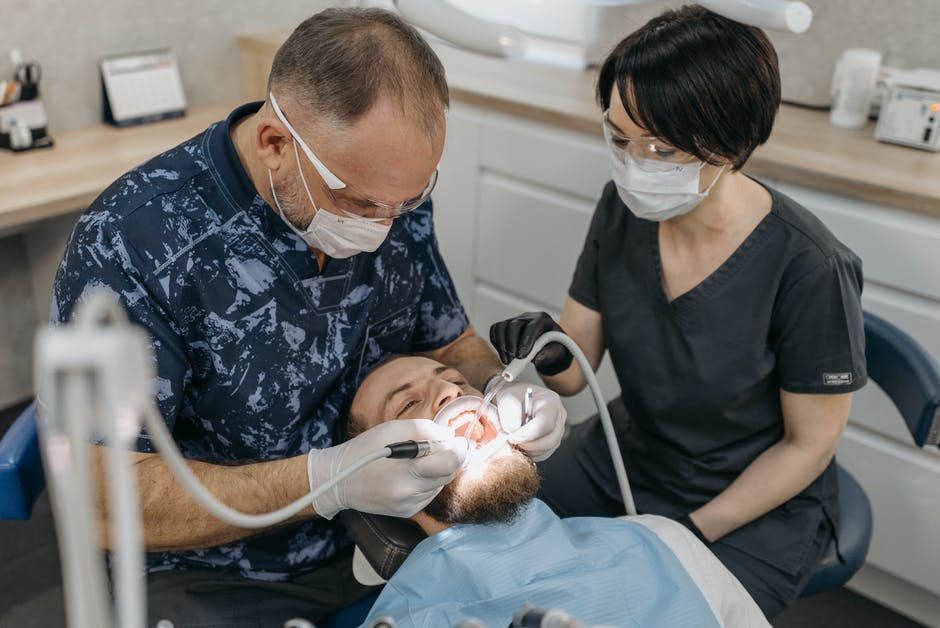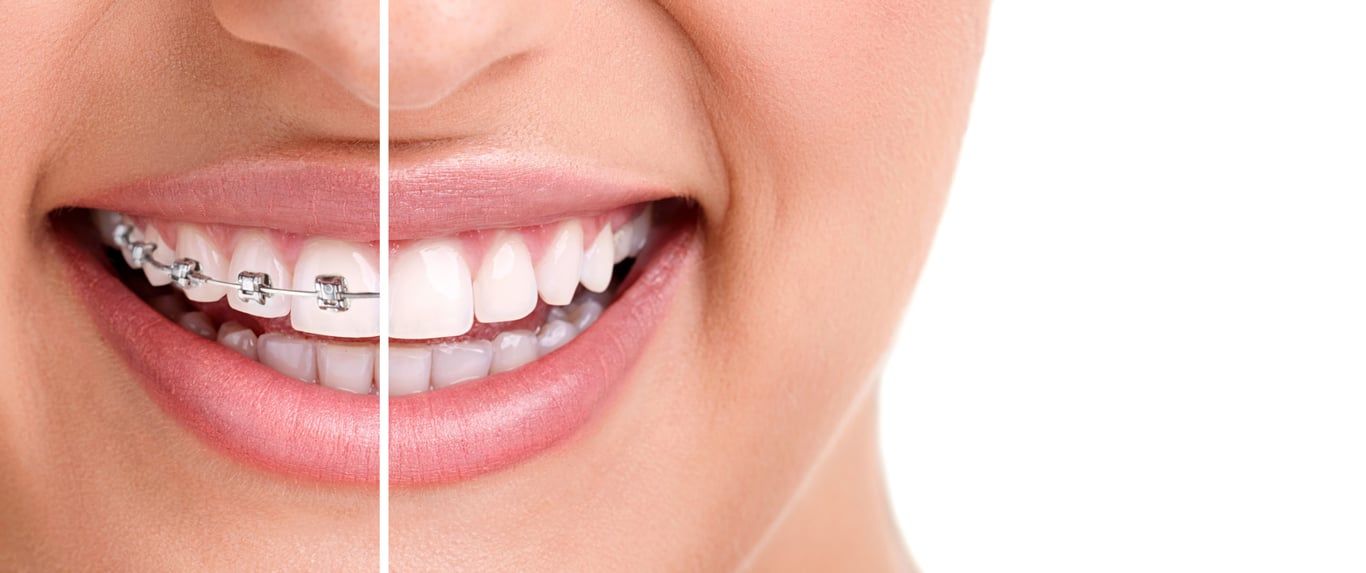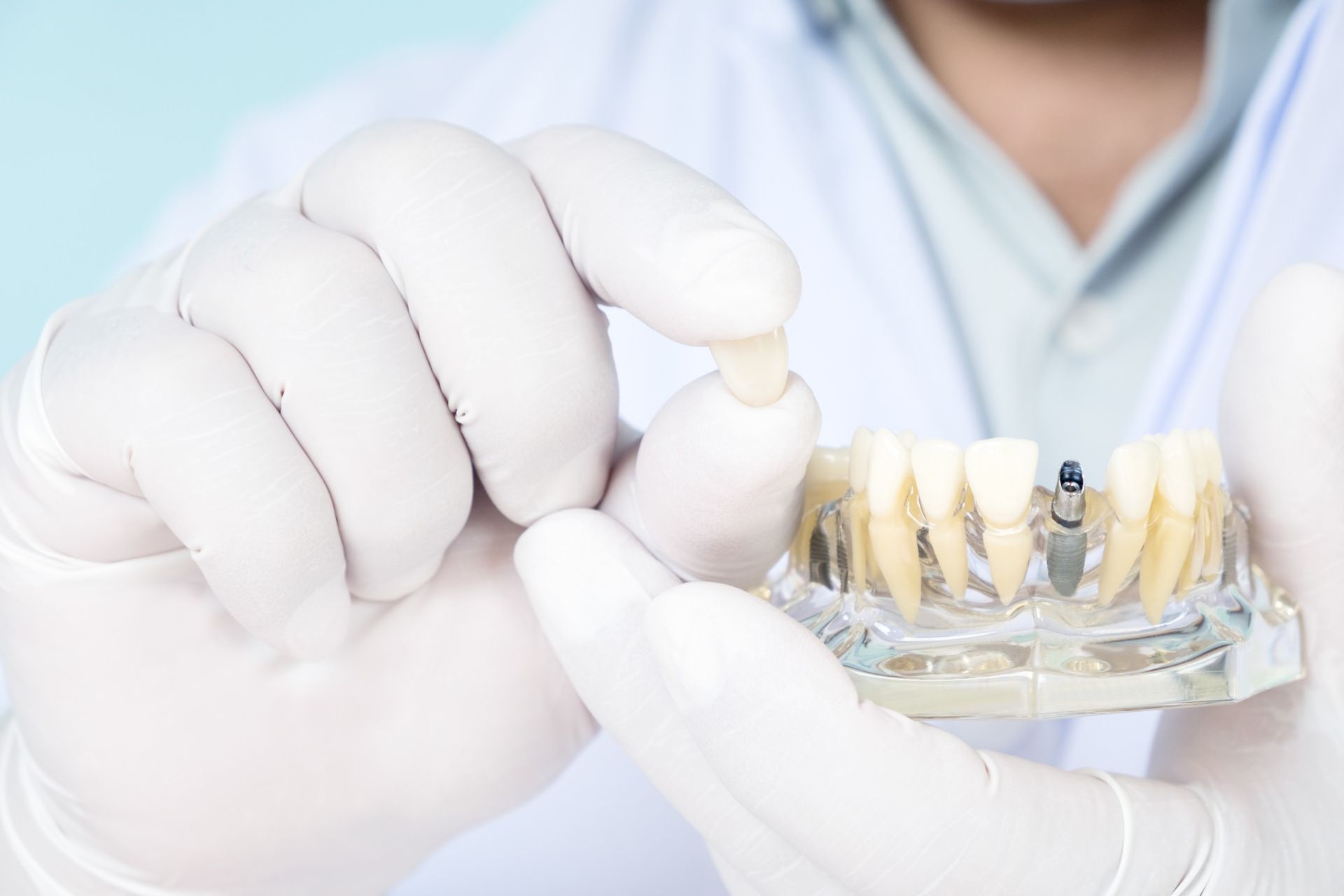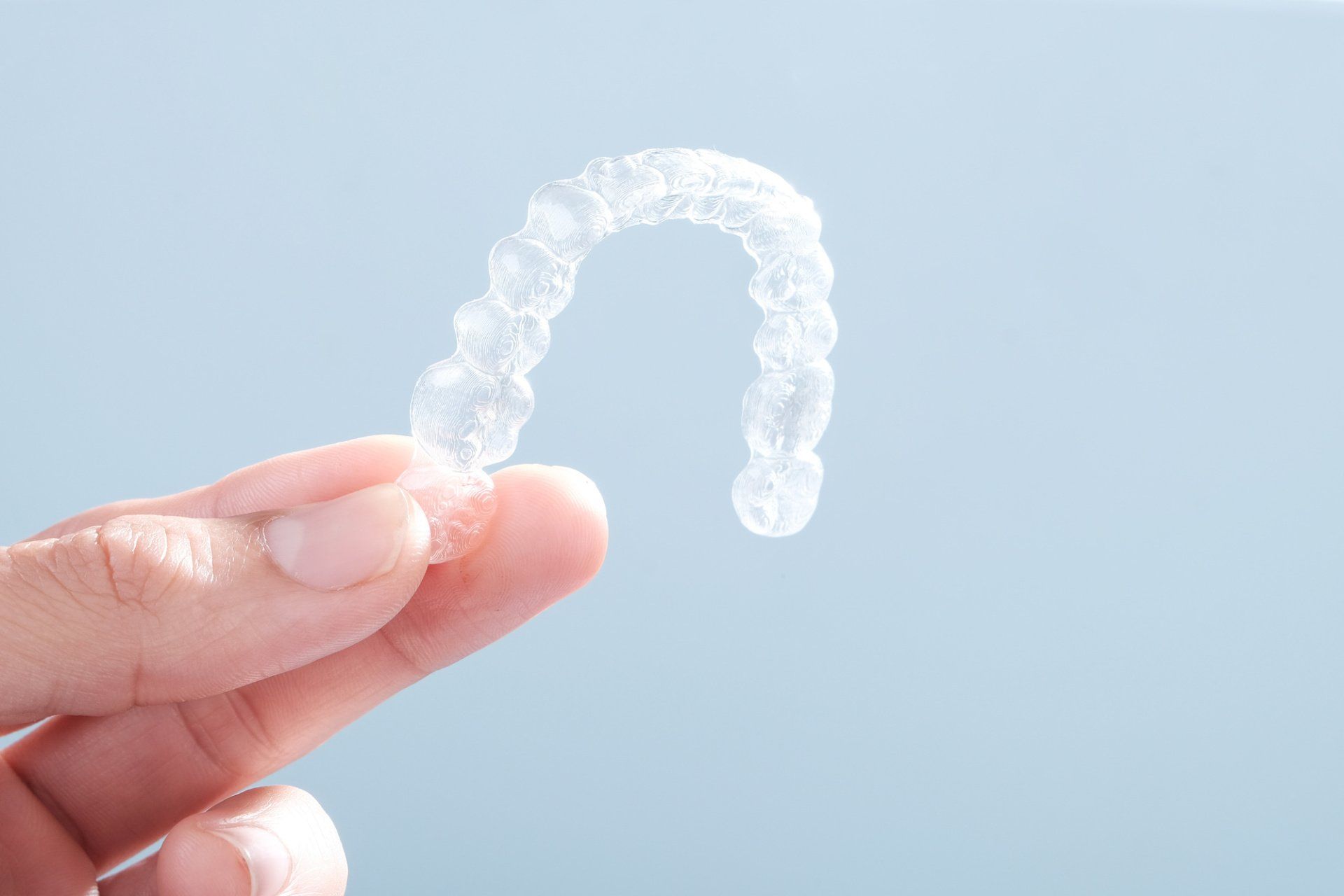Dental Implants vs Dentures: The Differences Explained
By age 17, about 7% of people in the US have lost at least one permanent tooth due to decay. Nearly 70% of adults ages 35 to 44 have lost at least one permanent tooth. By age 50, most Americans have lost an average of 12 teeth.
If you recently lost a tooth, talk to your dentist in Mt. Laurel, NJ about your treatment options. Depending on your situation, they might recommend dental implants or dentures.
What's the difference between dental implants vs dentures, and which suits your needs? Read on to find out!
The Procedure
Before we compare these two dental procedures, let's look at each individually.
Your dentist might recommend dental implants or dentures if you've lost one or several teeth. The best procedure for your situation can vary based on:
- Preference
- Price
- The health of your jawbone
- The health of your remaining teeth
Both treatment options have their own list of pros and cons. Before choosing between procedures, schedule a consultation appointment with your Mt. Laurel, NJ dentist. They can help you make an informed decision based on your oral health care needs.
In fact, they might recommend alternative treatment options like dental bridges instead.
Regardless, both dentures and dental implants are designed to serve the same purpose.
Replacing your missing teeth allows them to:
- Improve your ability to speak
- Chew foods
- Improve the appearance of your smile
- Support facial muscles
Otherwise, missing teeth could impact your self-esteem and self-consciousness. About 70% of US adults already feel self-conscious about their teeth. As a result, 57% tend to cover their mouths when they laugh or smile.
About 61% hope to change something about their teeth as well.
Here's what each dental procedure entails, to ensure you maintain realistic expectations before your appointment.
Dentures
Dentures are prosthetic teeth designed to fit around your mouth. You can receive dentures regardless of how much jawbone you have remaining.
Your dentist can design your dentures to replace a few missing teeth (partial dentures). In some cases, however, they might need to create a complete set to replace all the teeth on your lower or upper jaw. Either solution can restore your smile.
Your dentist will begin by making an impression of your lower or upper jaw (depending on where the missing teeth are located). They'll take the time to study your bite and the alignment of both jaws, too. This process allows the dentist to ensure the length of the dentures is optimal so you can chew and speak normally.
A lab will create the preliminary set of your dentures before sending them to your dentist.
During your next appointment, the dentist will place the dentures into your mouth before making any necessary adjustments. For example, they might change the alignment or length. Then, they'll request a final set of dentures to ensure the proper fit.
Your dentures will be designed to look and function like your normal teeth and gums. They're held in place using a special type of adhesive.
Implants
If you have enough jawbone, your dentist might recommend dental implants instead. Dental implants are screwlike abutments that are surgically placed into the jawbone. They're capped off with crowns that look and function like normal teeth.
Your dentist will first need to extract the damaged root to make space for your new implant. Once it's gone, they'll drill a hole into your jawbone. Then, they'll place the metal prosthetic root.
This root, called the post, is implanted deep into the jawbone. Over the next few months, the jawbone will heal around the post. This process, called osseointegration, ensures the post integrates with your jawbone for security and stability.
Finally, your dentist will place the crown. This artificial tooth will look like your surrounding teeth for a natural-looking smile.
Maintenance
Once your dental implant is in place, you'll need to maintain it the same way you would your natural teeth. Make sure to brush twice a day and floss daily. Schedule routine appointments at your Mt. Laurel dentist's office, too.
Routine appointments will allow your dentist to check for any issues with your implant or oral health. They can make recommendations as needed to keep your smile looking its best.
Dentures, however, will require more maintenance if you want them to remain viable long-term.
First, make sure to avoid wearing your dentures overnight. Instead, soak them in water or use a special cleaning solution, based on your dentist's instructions.
Make sure to clean your dentures at least once a day. Remove them after you eat, then brush them as you would your natural teeth. Brush away any adhesive lingering on your gums, too.
Your dentures will need refitting as your bite changes. Dental implants are permanent fixtures, though you might need to replace the crown if it becomes broken or cracked.
Potential Complications
After reviewing the benefits of dental implants and dentures, talk to your dentist about potential complications.
Usually, dental implants are a safe, effective solution if you're missing teeth. However, potential complications can include mechanical problems or an infection. For example, the crown can become cracked or the post can grow loose.
Dentures, on the other hand, might not remain in place. An ulceration (sore) might form on your gums as well.
Consult a Dentist
Before making any final decisions between dental implants vs dentures, consult your dentist.
They can evaluate factors like your:
- Oral health
- Bone density
- Age
- Hygiene
- Preference
For example, you'll need a certain amount of jawbone material to support a dental implant.
Older adults might not want to go through an invasive, time-consuming procedure. They might prefer dentures instead. Consulting a dentist can help you make an informed choice.
Dental Implants vs Dentures: Visit Your Dentist in Mt. Laurel, NJ Today
To recap, what's the difference between dental implants and dentures? Implants are fixed into your jawbone while you can remove your dentures as needed. You can consult your dentist in
Mt. Laurel, NJ to determine which procedure suits your needs.
With their help, you can restore your smile in no time.
Want to learn more? We're here to help. Contact us today to schedule your appointment.











